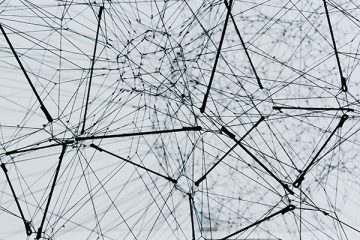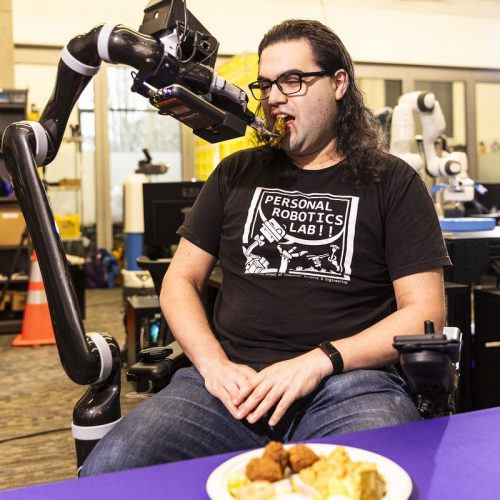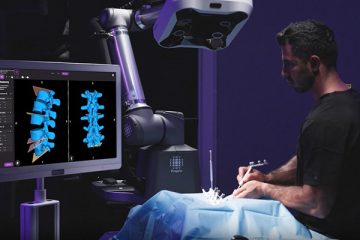Allen School News

Deeds introduced partition constraints, a new approach for making conjunctive query executions more efficient. He presented the research at the 28th International Conference on Database Theory (ICDT), earning both the Best Student Paper and Best Paper Awards.



